Bahrain expels Lebanese ambassador as diplomatic crisis worsens over Yemen war
The Bahraini Ministry of Foreign Affairs has asked the Lebanese ambassador to leave the tiny Persian Gulf country within 48 hours after Saudi Arabia took the same measure in response to critical comments made by a Lebanese minister about the devastating Saudi war on Yemen.
The ministry said in a statement released on Saturday that Lebanese Ambassador Milad Nammour was asked to leave against the background of a series of “unacceptable and offensive” statements by a Lebanese official recently.
The Bahraini foreign ministry, however, highlighted that the measure would not affect Lebanese nationals residing in the kingdom.
The move came after Saudi Arabia ordered the Lebanese ambassador to the kingdom on Friday to leave within 48 hours, and banned all Lebanese imports
Saudi Arabia also recalled its ambassador to Lebanon for consultations, the Saudi state news agency SPA reported.
Riyadh's decision was taken days after an interview with Lebanon’s Information Minister George Kordahi was aired by an online show affiliated with Qatar's al Jazeera television network.
Kordahi, in comments made on August 5, called the Saudi-led Yemen war futile, and said the impoverished Arab country was subjected to an aggression.
The Lebanese minister added that Yemeni army forces and their allied fighters from Popular Committees were defending themselves.
Lebanon’s Prime Minister Najib Mikati, in a phone call with Kordahi on Friday evening, asked him to put the national interest first and “take the right decision to fix Arab relations with Lebanon,” Arabic-language al-Manar television network reported.
Mikati asked Minister of Foreign Affairs and Emigrants Abdullah Bou Habib to stay in Beirut and not to join the Lebanese delegation to the COP 26 UN Climate Change Conference, which will take place from October 31 to November 12 in the Scottish capital city of Glasgow, to keep abreast of recent developments and manage the diplomatic dispute.
Meanwhile, Bou Habib has reiterated that Lebanon is very keen on good relations with Saudi Arabia and Persian Gulf littoral states, and is determined to maintain cordial ties.
He also tried to downplay the diplomatic crisis between Lebanon and Saudi Arabia, stating that the matter “could be resolved through sincere brotherly dialogue and in the interest of our friendly countries.”
Kordahi said on Wednesday his remarks were personal views made before he was a minister, and that he was committed to government policy. He highlighted that he would not resign over the incident.
“I am against Arab-Arab wars... Accusations leveled against me of hostility toward Saudi Arabia are rejected,” he said.
Yemen’s Ansarullah tells Lebanon: Don’t be afraid of Saudi threats
Furthermore, the spokesman for Yemen’s Ansarullah resistance movement has called on the Lebanese nation not to get carried away by the latest Saudi Arabia’s measures against their country.
“Saudi Arabia’s insistence on the policy of conceit and arrogance will not conceal the catastrophic failure of its aggression against Yemen,” Mohammed Abdulsalam wrote in a post published on his Twitter page.
توجّه عبدالسلام إلى الشعب اللبناني قائلاً: "لا يروعنك ما يفعله النظام السعودي، فهو يكشر بلا أنياب بعد أن تكسرت على نصال #اليمن".
— قناة الميادين (@AlMayadeenNews) October 29, 2021
ويأتي ذلك بعد تصريحات نُشرت لوزير الإعلام اللبناني #جورج_قرداحي، والّتي وصف فيها حرب اليمن بـ"العبثية".#لبنان #السعودية pic.twitter.com/9yxSbHMwrl
He addressed the Lebanese people, saying, “Do not be intimidated by what the Saudi regime is doing as it is empty-handed and crestfallen, by the grace of God, following Yemen defeat.”
Saudi Arabia, backed by the US and regional allies, launched the war on Yemen in March 2015, with the goal of bringing the Hadi government back to power and crushing Ansarullah. The war has left hundreds of thousands of Yemenis dead, and displaced millions more. It has also destroyed Yemen’s infrastructure and spread famine and infectious diseases.
Yemeni armed forces and fighters from the Popular Committees have grown steadily in strength against the Saudi-led invaders, and left Riyadh and its allies bogged down in the country.
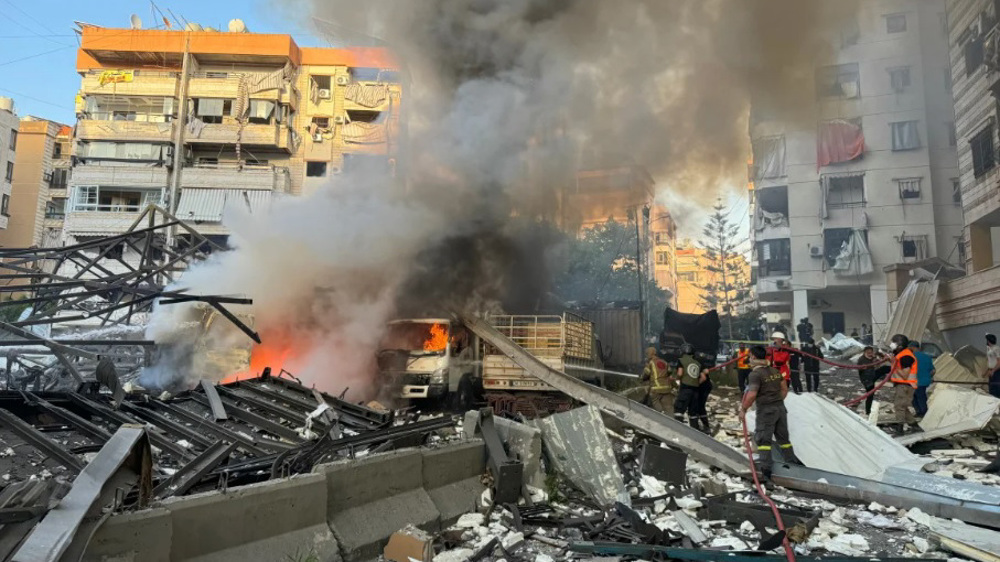
Lebanon appeals to ceasefire guarantors to press Israel to halt attacks
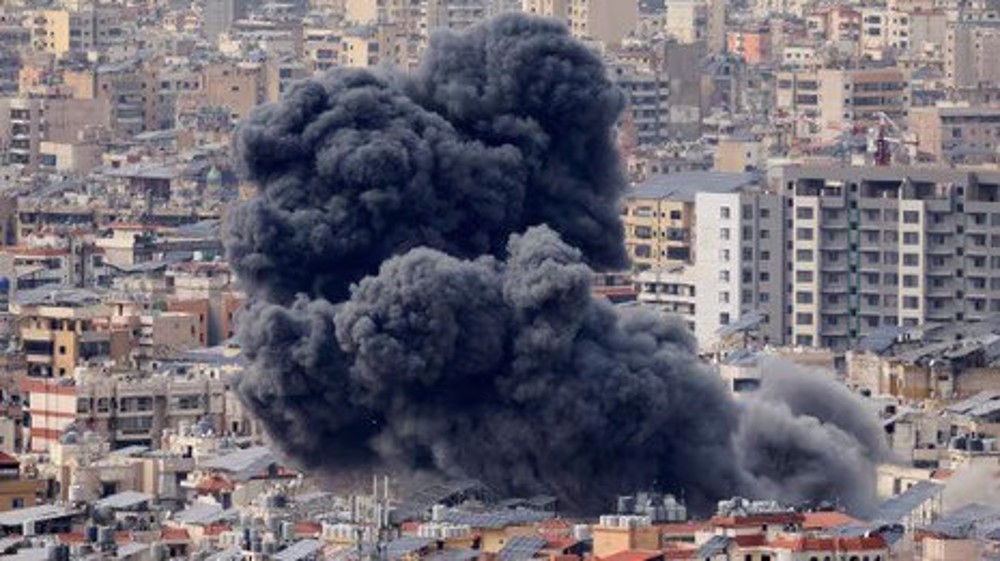
Israel bombs Lebanon's capital Beirut
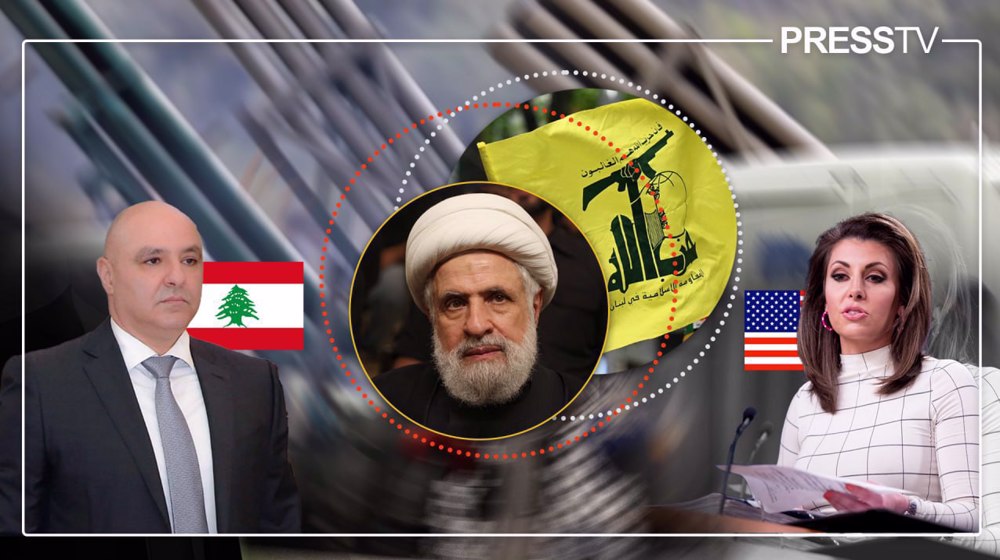
No to capitulation: Hezbollah’s arms are Lebanon’s shield against occupation
UN: US strikes in Yemen pose growing risk to civilians
Iran mulls buying oil from Azerbaijan amid warming ties: Report
Israeli settlers storm al-Aqsa Mosque amid intensified West Bank raids
Canadians take to the polls as Trump renews US takeover push
Israel uses new 'Bar' guided rockets in Gaza genocide as death toll surges
Iran condemns deadly US attacks on Yemen as ‘war crime’, blasts international silence
Hague court upholds verdict favoring Iranian banks in Bahrain case
VIDEO | Press TV's news headlines


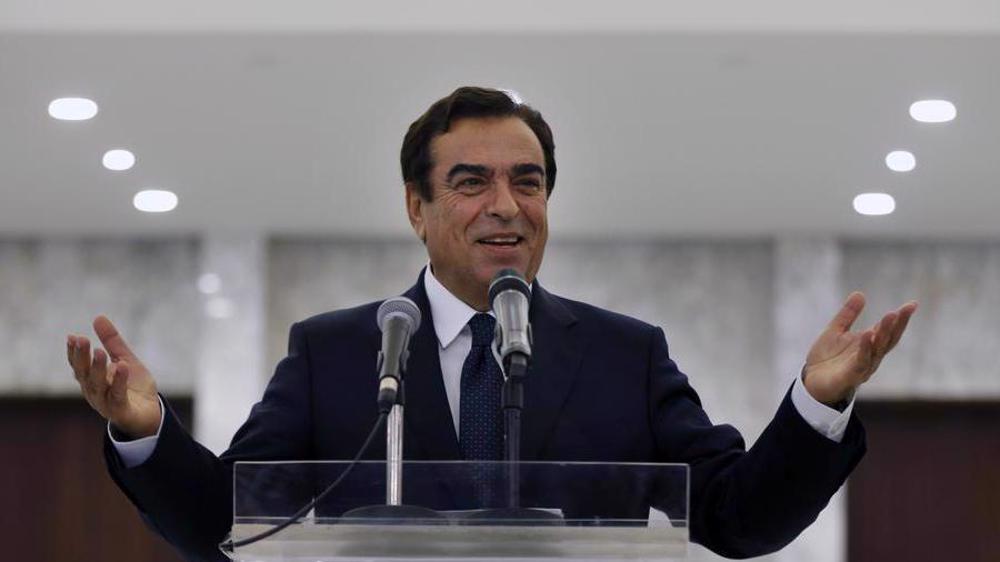
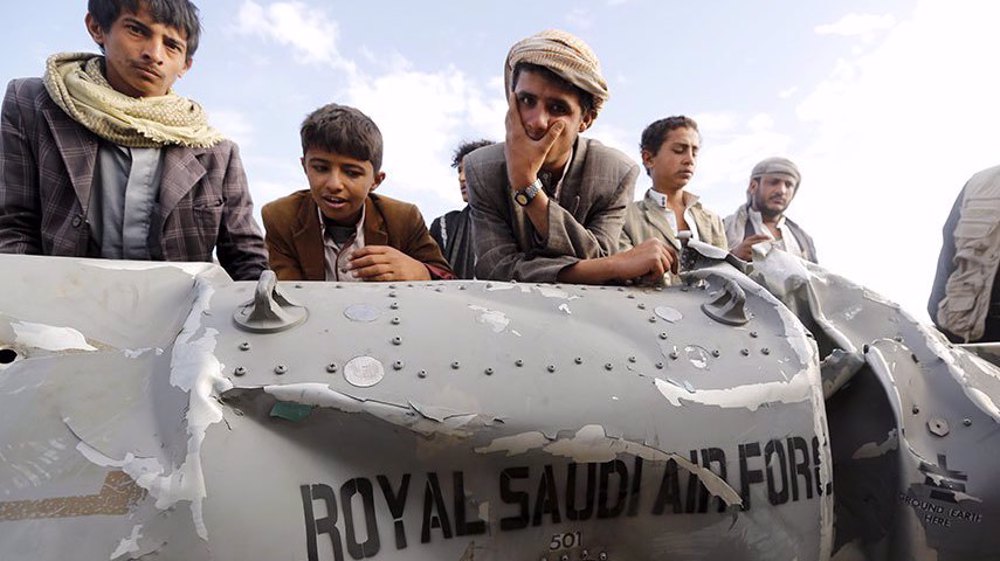
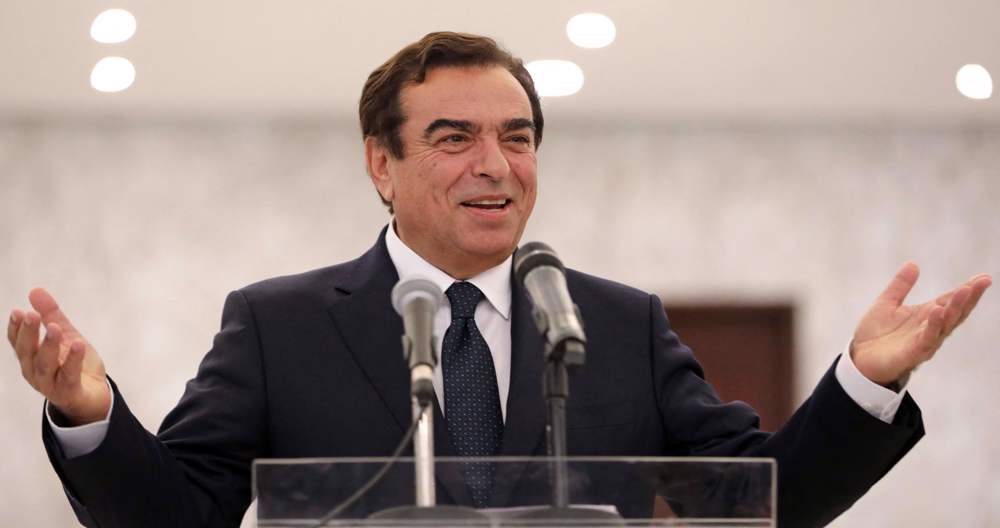



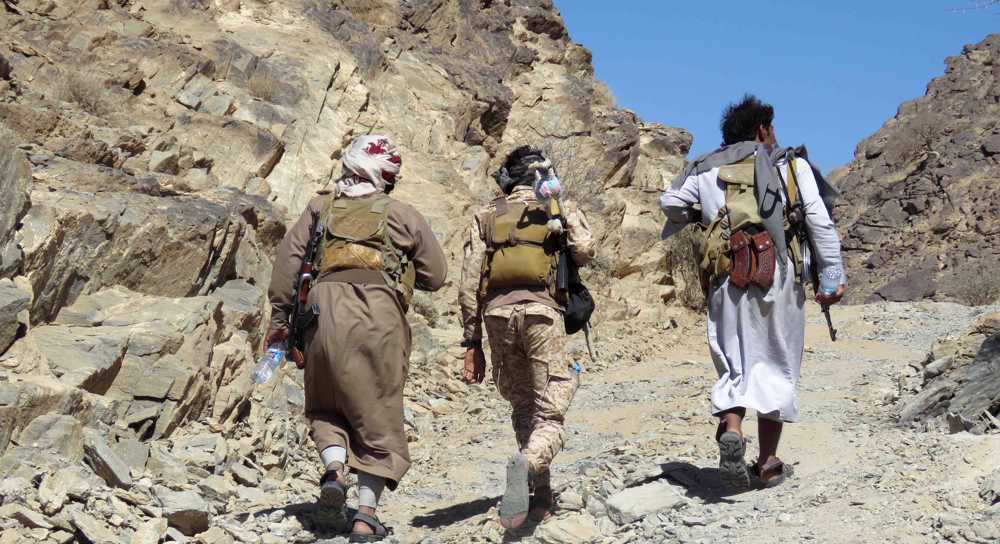


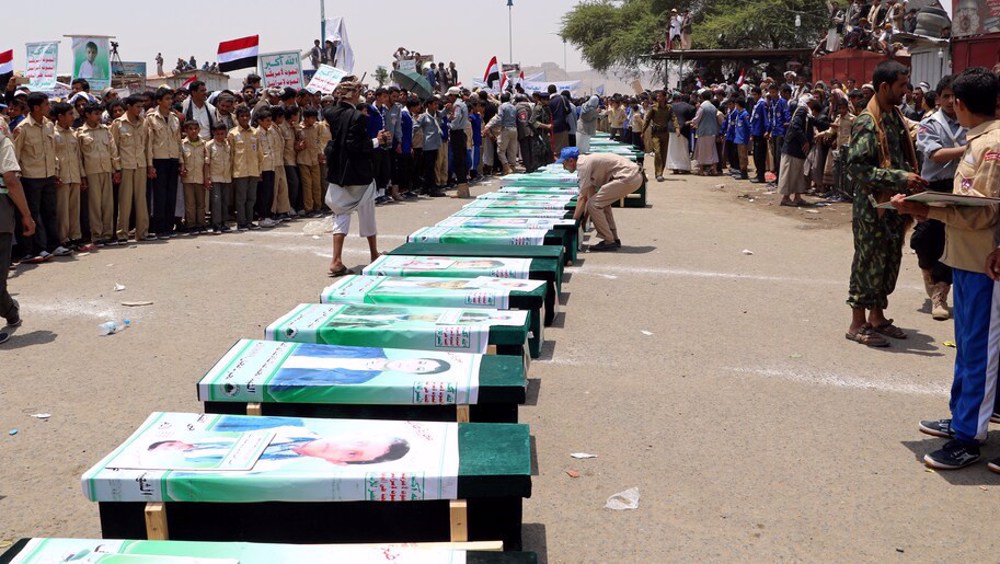
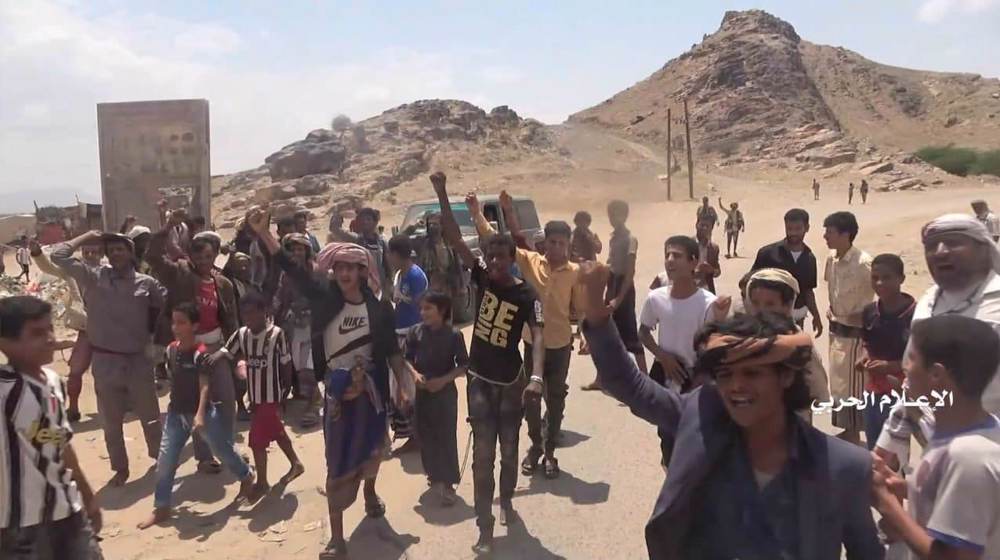

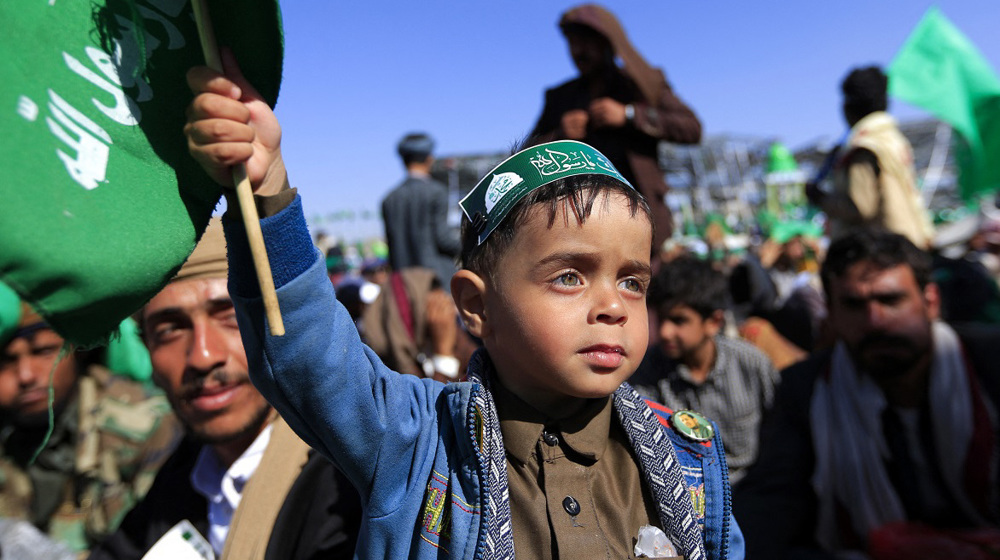
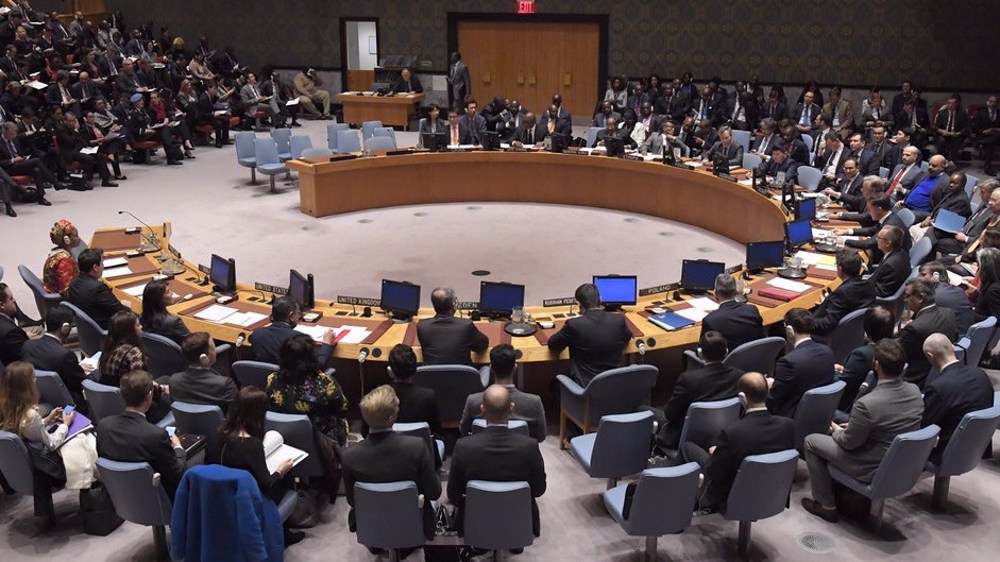

 This makes it easy to access the Press TV website
This makes it easy to access the Press TV website